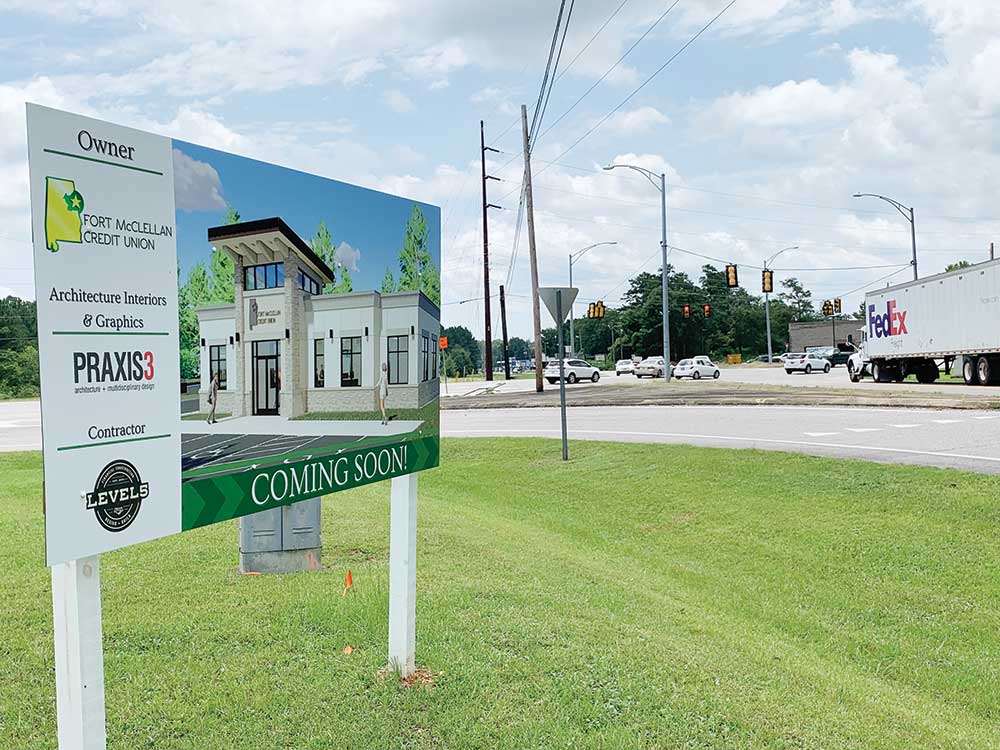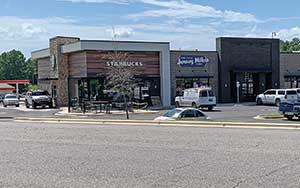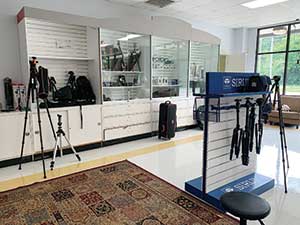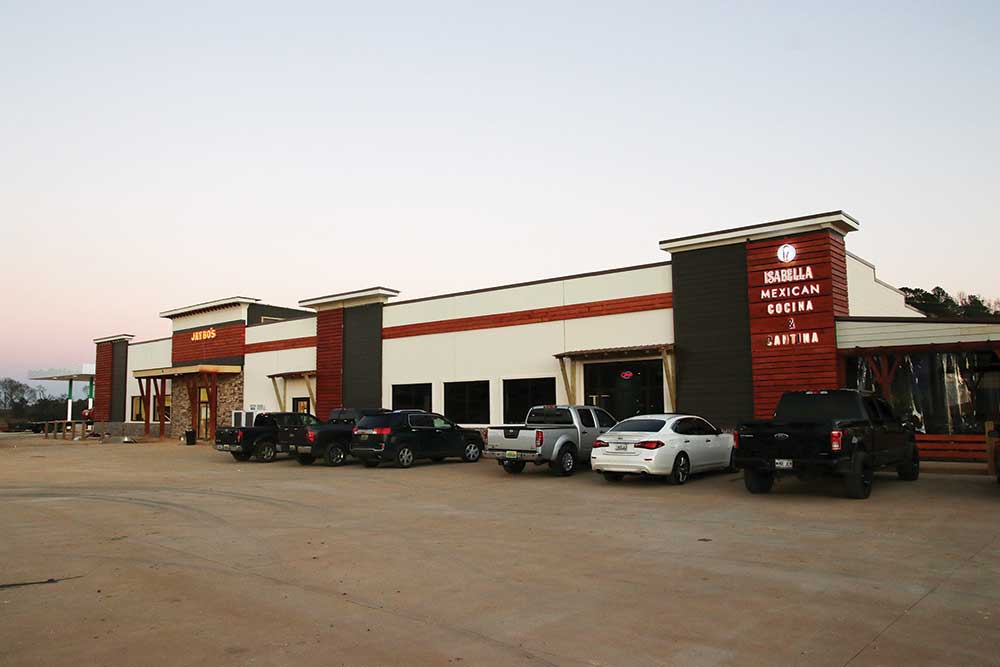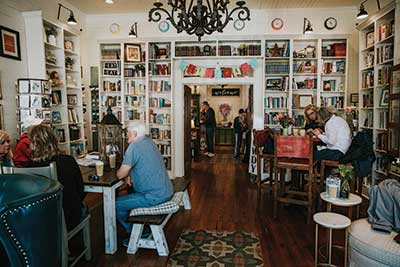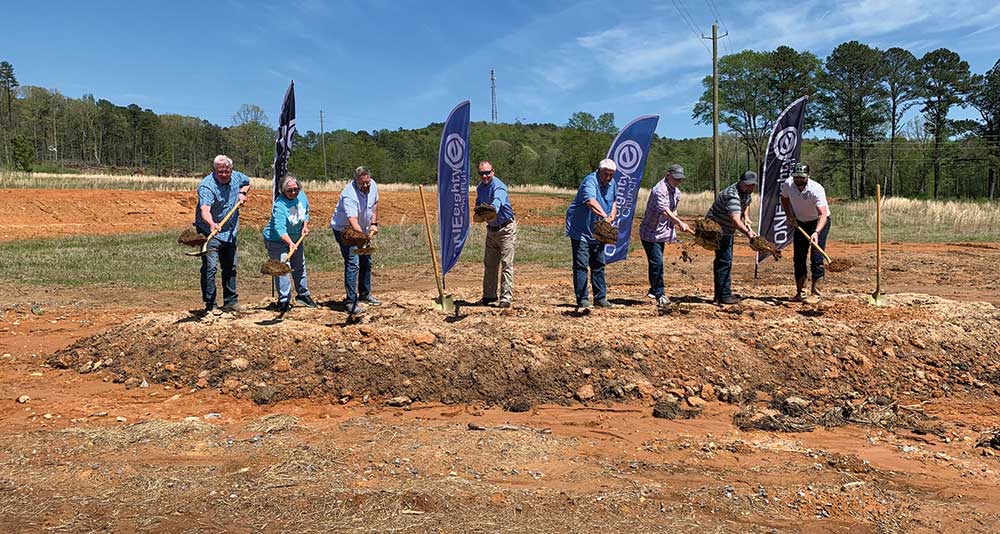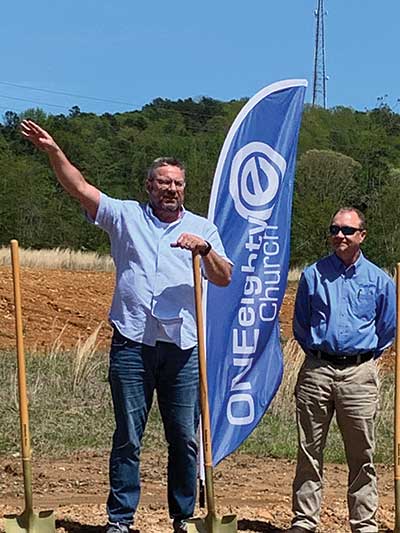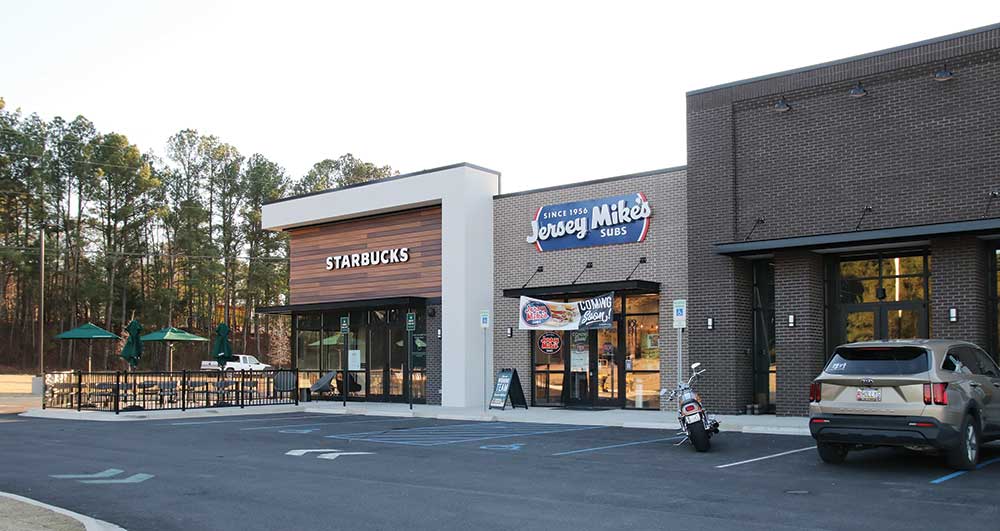Pell City ranks ninth in growth
Story and photos
by Carol Pappas
It has been little more than a year since the U.S. Census Bureau released its 10-year data report on the nation’s people and economy. And one year out, statistics show Pell City has reason to celebrate.
Ranking the population growth of Alabama’s cities, Pell City came in as the ninth-fastest growing city in the state. No.1 was Foley in Baldwin County, and 10th was Fairhope.
In its report of fastest growth between 2020 and 2021, Pell City showed a 2.7 percent jump in population. And while that’s welcoming economic news for the city, it’s not surprising, according to City Manager Brian Muenger.
“For the last several years, we have experienced extremely high volume” of new home construction, he said. In fiscal year 2021, the city issued 214 new home permits. This year, the number already issued stands at more than 100, and there are still several months left to go. Over a three-year period, that adds up to 500 new homes – “well beyond anything we have seen,” Muenger said.
In years prior, the average was “strong and steady” at about 50 to 60 new homes a year, he added.
He attributes what some may see as a sudden boom to years in the making. It takes time to move a new development through the permitting and legal stages and into the construction phase. When historically low interest rates intersected with high demand for new housing, it was a “perfect storm” for developers.
He pointed to developments in Horizons and Fox Hollow that has attracted new construction firms with national-level reputations coming into the area alongside local contractors, as well as a “steady influx” of lake-property seekers and buyers as contributing to the growth.
And that’s just inside the city limits. Residential growth’s impact on the economy includes areas on the “cusp” of the border as well as growth on the Talladega County side of Logan Martin Lake. Those areas do business in the city. “Even if it’s not in Pell City, there is a lot going on right around us that is attractive to new investment,” Muenger explained.
Signs of that attraction are already taking shape. Vulcan Tire and Fort McClellan Credit Union are going up on opposite corners of U.S. 231 and Alabama 34/19th Street. Strip centers at Publix are building out. Freddy’s Steakburgers has opened in Bankhead Crossings development near Walmart, and other property is expected to be developed near Buffalo Wild Wings.
Just across Interstate 20 at U.S. 231 and John Haynes Drive, newly opened Starbucks and Jersey Mike’s are going strong. In that same complex, construction is moving along on a sit-down restaurant called The St. Clair.
Muenger noted that Starbucks and Jersey Mike’s are “doing incredibly well already.” It is an encouraging sign that what people in the area said they wanted, literally came and in turn, the people are supporting it. “It is testament to our retail capacity.”
Muenger sees it all as a win-win-win. It was the former location of a single business – Hardee’s – which served the community well for many years. But in its place, three businesses will be generating revenue, jobs and filling needs the community identified.
Of late, much focus is on the property just a few hundred yards away on John Haynes Drive. St. Clair’s old hospital has been demolished to make way for a much-anticipated retail center, which will include Hobby Lobby, T.J. Maxx and other nationally known retailers. Trees are being cleared to make way for grading – a welcome sign of progress to passersby and to those involved in the project.
The property, owned by the city, is under contract to be purchased by a Chattanooga-based development company. Final legal requirements of the deal are fulfilled, and officials were awaiting the appraisal and closing in mid-July.
Tree removal began in early July, and traffic-control improvements are underway to accommodate the extra traffic expected in that area. Signals at John Haynes Drive and nearby Jeanne Pruett Drive will be upgraded and timed with signals at Vaughan Drive and Walmart to support better traffic flow through the entire area of U.S. 231 around those developments. Eventually, three lanes will be a part of John Haynes Drive to ease congestion.
“It’s very quickly heading toward something tangible that people can see,” Muenger said, “and that’s very exciting.”











